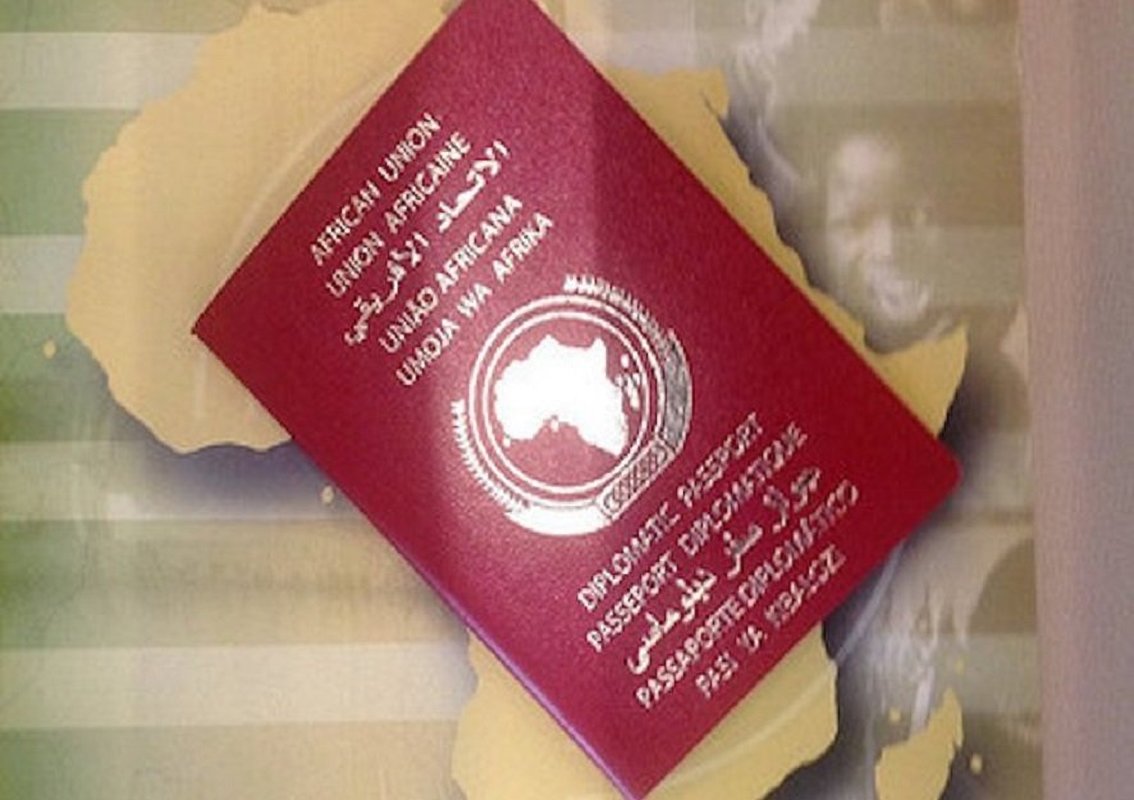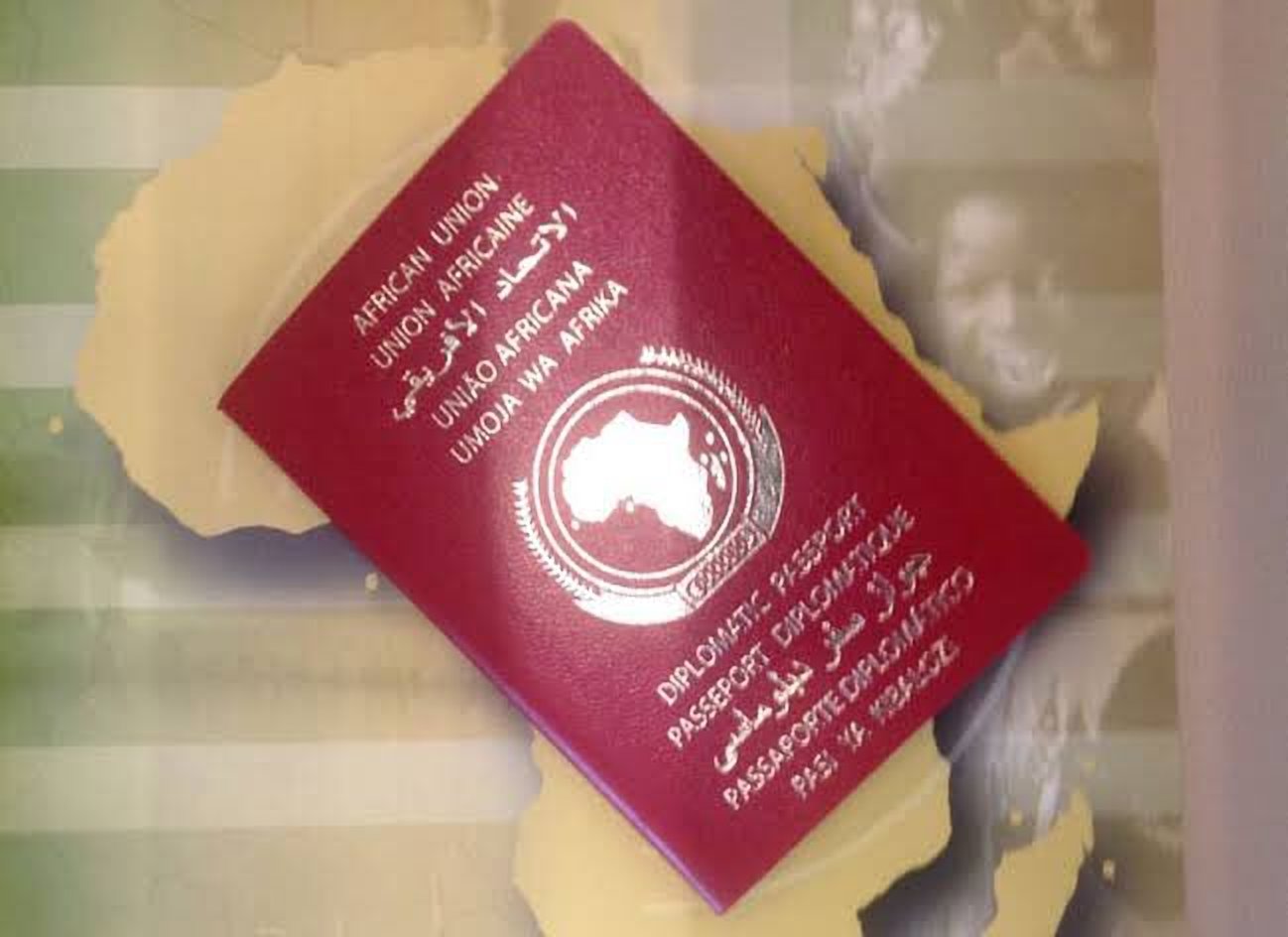
Chairperson of the African Union Moussa Faki Mahamat announced in a statement that the Commission will present details on the design, production and issuance of the new African passport at the 32nd Summit of the African Union in February.
“I am pleased to stress that, in February 2019, in Addis Ababa, at the 32nd Summit of our Union, the Commission will present, for adoption, guidelines on the design, production and issuance of the African passport, the materialization of which will take us one step closer to the long-held dream of complete free movement across the continent.” Mahamat said in the statement.
Coming up in 2019, #AU Commission will present, for adoption, guidelines on the design, production & issuance of the #African #passport, taking us one step closer to the long-held dream of complete free movement across the continent.
Statement ⬇️https://t.co/wjPqN8jHAx pic.twitter.com/gnQcKR6yCI
— Kwesi Quartey (@AmbKwesiQuartey) January 2, 2019
The move is meant to unify all Africans, empower countries with weak passports and create free movement for all people in the continent.
Only two countries, Seychelles and Benin, offer a visa free travel to all African countries, while other countries such as South Sudan require a visa to visit 48 countries in the continent.
First introduced in 2016 for heads of African states, the idea now extends to ordinary African citizens.
Yet many have questioned whether the new passport will be successfully implemented, as many African states are still resistant to migrants and refugees.
Though Mahamat stressed on the need to overcome the obstacles, as “integration is for the development of the continent and the fulfillment of its people’s aspiration to well-being.”
Greater African unity has always been a cherished goal for decades, and which was an impetus for the creation of the African Union in 2002, and other organizations before it like the Organization of African Unity (OAU) in 1963.
The advantages of more integration include wider regional markets that can provide more opportunities for African producers and consumers, making them less dependent on their small markets within their own borders.
In 2014, it was announced that the Cairo-Cape Town Highway will commence trial operations at the start of 2015.







Comment (1)
[…] Source link […]